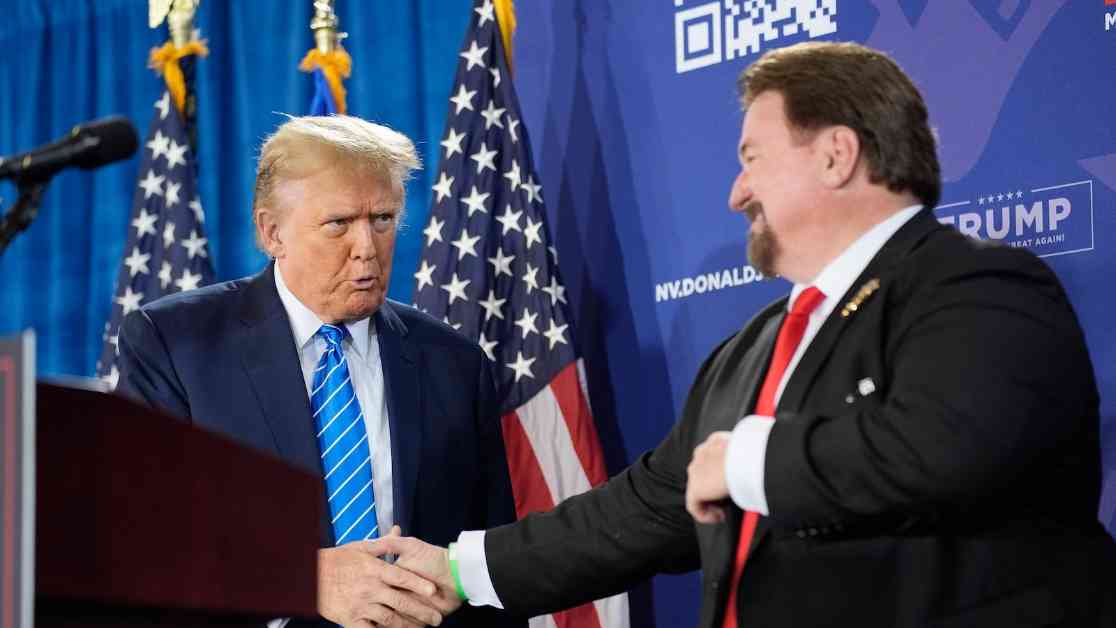Accused ‘Fake Electors’ Cast Electoral College Votes for Trump
In a stunning turn of events, more than a dozen Republican officials accused of signing false certifications claiming Donald Trump had won their states’ electoral votes in the 2020 election served as electors on Tuesday, casting real votes for the president-elect. Thirteen alleged “fake electors” participated in Pennsylvania, Nevada, and Michigan, despite some of them still facing criminal charges from the previous election. All the accused have pleaded not guilty.
Electoral College Process Finalizes Trump’s Victory
As part of the constitutionally mandated process, presidential electors nationwide convened on Tuesday to cast their Electoral College votes, officially solidifying Trump’s victory with a projected 312 electoral votes. Vice President Kamala Harris was projected to receive 226 votes. This action mirrors the same process that took place four years ago when President Joe Biden secured 306 electoral votes.
Return of Alleged Fake Electors Raises Questions
The accused fake electors from 2020 who participated in the recent Electoral College vote included individuals from Nevada, Michigan, and Pennsylvania. Despite facing felony charges, they all returned to cast their votes, raising eyebrows about the current state of the Republican Party. Legal expert Rex VanMiddlesworth noted that the presence of these electors signifies the party’s continued belief in the 2020 election being stolen, turning it into a badge of honor for some.
VanMiddlesworth emphasized that the electors’ participation again is not necessarily illegal, as the requirements to be an elector are relatively minimal. The Electoral Count Reform and Presidential Transition Improvement Act, passed in 2022, has clarified the Electoral College process, contributing to a smoother certification process this year.
Criminal Cases Against Alleged Fake Electors
Prosecutors in Georgia, Nevada, Arizona, and Wisconsin have filed criminal cases against some alleged fake electors. Issues such as venue challenges and recusals have plagued some cases, leading to delays and dismissals. The Georgia case against Trump and three fake electors has faced challenges, while the Arizona case saw the presiding judge recuse himself. The Nevada case was dismissed due to a venue issue but was later refiled in a different county.
In conclusion, the presence of alleged fake electors casting Electoral College votes raises significant questions about the integrity of the electoral process and the Republican Party’s stance on the 2020 election results. As legal battles continue and political tensions simmer, the impact of these actions on future elections remains to be seen.


